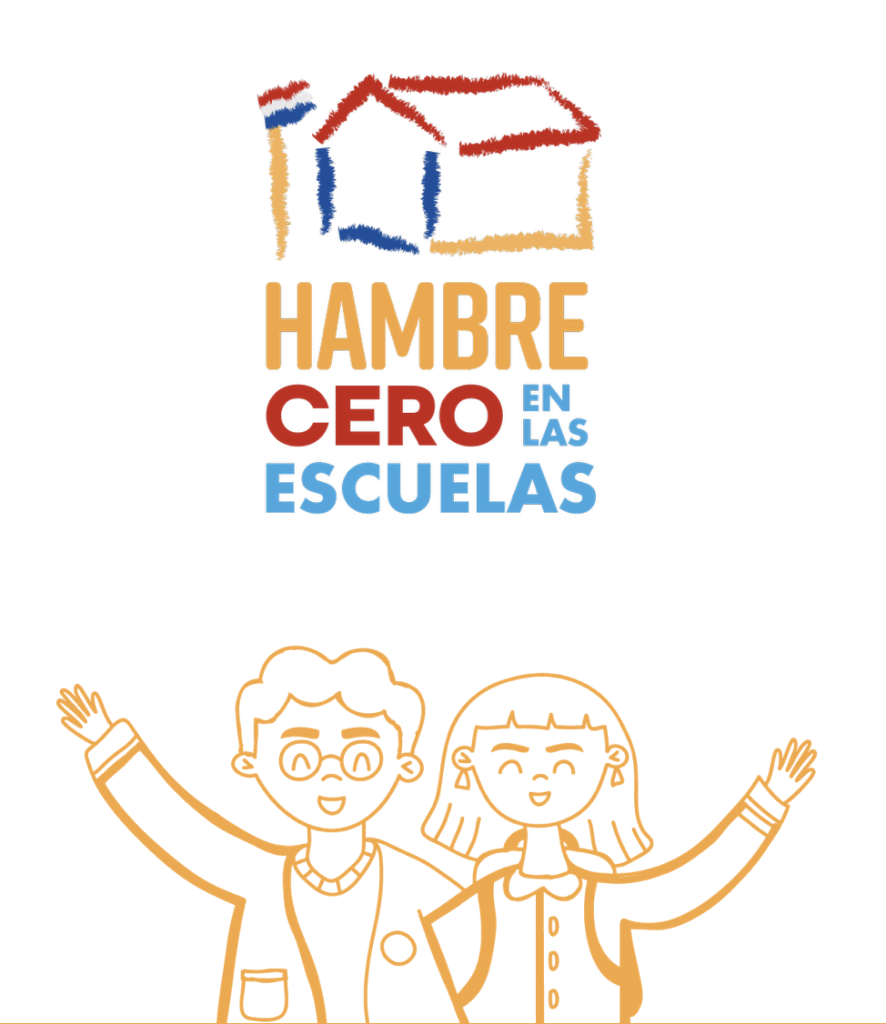Suppliers of the Zero Hunger (Hambre Cero) school feeding programme must reserve 10% of the contracted amount for purchasing from small family farms. By getting the goods, such as fruit and vegetables, this way, rural communities get support and food quality in schools improves.
Suppliers must also spend 5% of the available burget on products from small or medium-sized local businesses. The Zero Hunger programme aims to provide healthy meals to students all throughout Paraguay, while simultaneously promoting economic and social development.
New strategy for Zero Hunger

The Zero Hunger programme was promoting buying from local producers before. But at that time it was not a legal requirement, until now. With the new regulation active, providers who do not follow the rules could violate their contract and face penalties.
“This new strategy sets a clear and specific procedure”, said Tadeo Rojas, Minister of Social Development. “From now on, suppliers have to present monthly invoices providing their purchases from family farms and medium-sized businesses. This is required for them to receive payment.”
The goal of the Zero Hunger programme, according to ministry representatives, is to give rural producers better access to school food programs and make the supply chain more fair. The program also helps small producers by offering a reliable market and greater financial security.
Increasing the percentage
The National Food Council (Conae), along with the Ministry of Economy (MEF) and other agencies, is now authorized to increase the percentage of purchases they must report every year through the proper process.
“We want to give farmers the confidence to negotiate and sell their products directly. It creates a clear and fair system, with payments processed on time and with full transparency”, added Rojas.
The administration confirmed its commitment to supporting national production and ensuring every student in Paraguay has healthy and locally sourced school meals. By making these changes official, the Paraguayan government hopes to create long-term opportunities for small farmers and improve access for students across the country.
Recently, the government and its governors guaranteed that the Zero Hunger programme would reach 1,000,000 children. Last year, indigenous leaders celebrated the arrival of the Zero Hunger programme to local schools.


